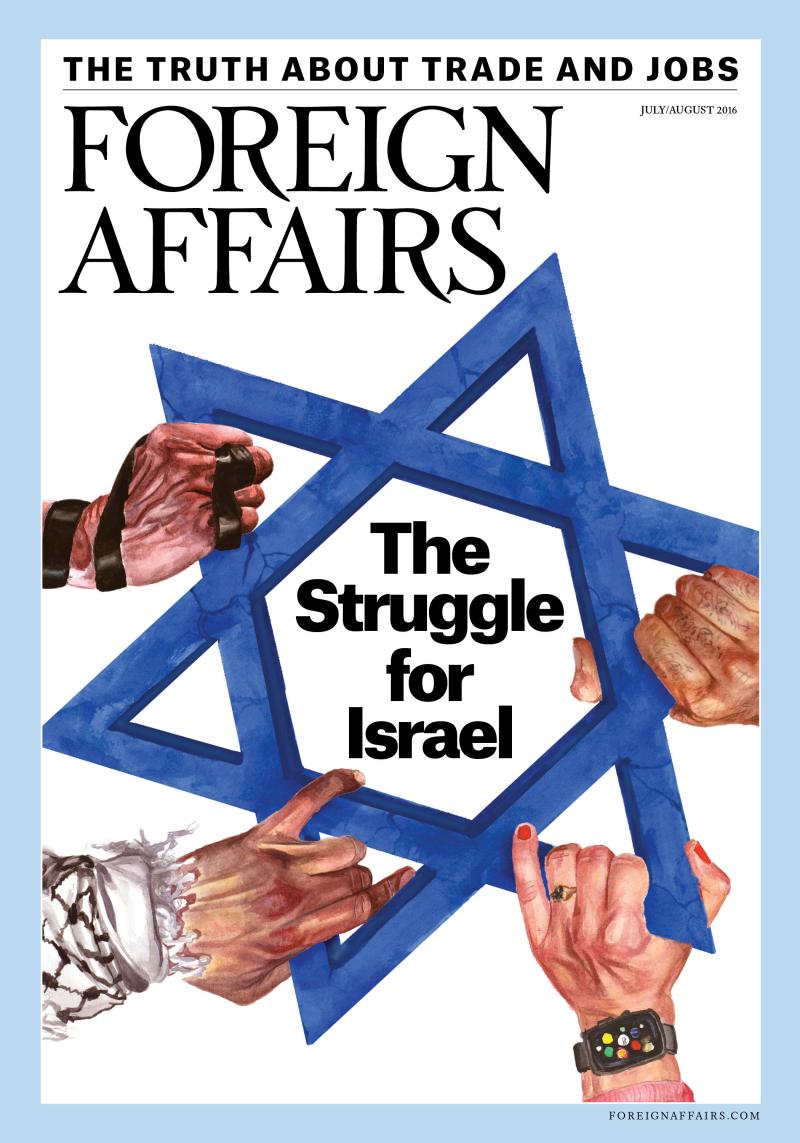Over the past two decades, Germany’s global role has undergone a remarkable transformation. Following its peaceful reunification in 1990, Germany was on track to become an economic giant that had little in the way of foreign policy. Today, however, the country is a major European power that attracts praise and criticism in equal measure. This holds true both for Germany’s response to the recent surge of refugees—it welcomed more than one million people last year—and for its handling of the euro crisis.
As Germany’s power has grown, so, too, has the need for the country to explain its foreign policy more clearly. Germany’s recent history is the key to understanding how it sees its place in the world. Since 1998, I have served my country as a member of four cabinets and as the leader of the parliamentary opposition. Over that time, Germany did not seek its new role on the international stage. Rather, it emerged as a central player by remaining stable as the world around it changed. As the United States reeled from the effects of the Iraq war and the EU struggled through a series of crises, Germany held its ground. It fought its way back from economic difficulty, and it is now taking on the responsibilities befitting the biggest economy in Europe. Germany is also contributing diplomatically to the peaceful resolution of multiple conflicts around the globe: most obviously with Iran and in Ukraine, but also in Colombia, Iraq, Libya, Mali, Syria, and the Balkans. Such actions are forcing Germany to reinterpret the principles that have guided its foreign policy for over half a century. But Germany is a reflective power: even as it adapts, a belief in the importance of restraint, deliberation, and peaceful negotiation will continue to guide its interactions with the rest of the world.
Frank-Walter Steinmeier is Foreign Minister of Germany.
This article appeared in the Foreign Affairs 2016 July/August edition. It is republished here with permission.
This article was originally published by Foreign Affairs. You can read the rest of the article here.
You can read exclusive content from Gateway House: Indian Council on Global Relations, here.
Copyright © 2016 by the Council on Foreign Relations, Inc.


